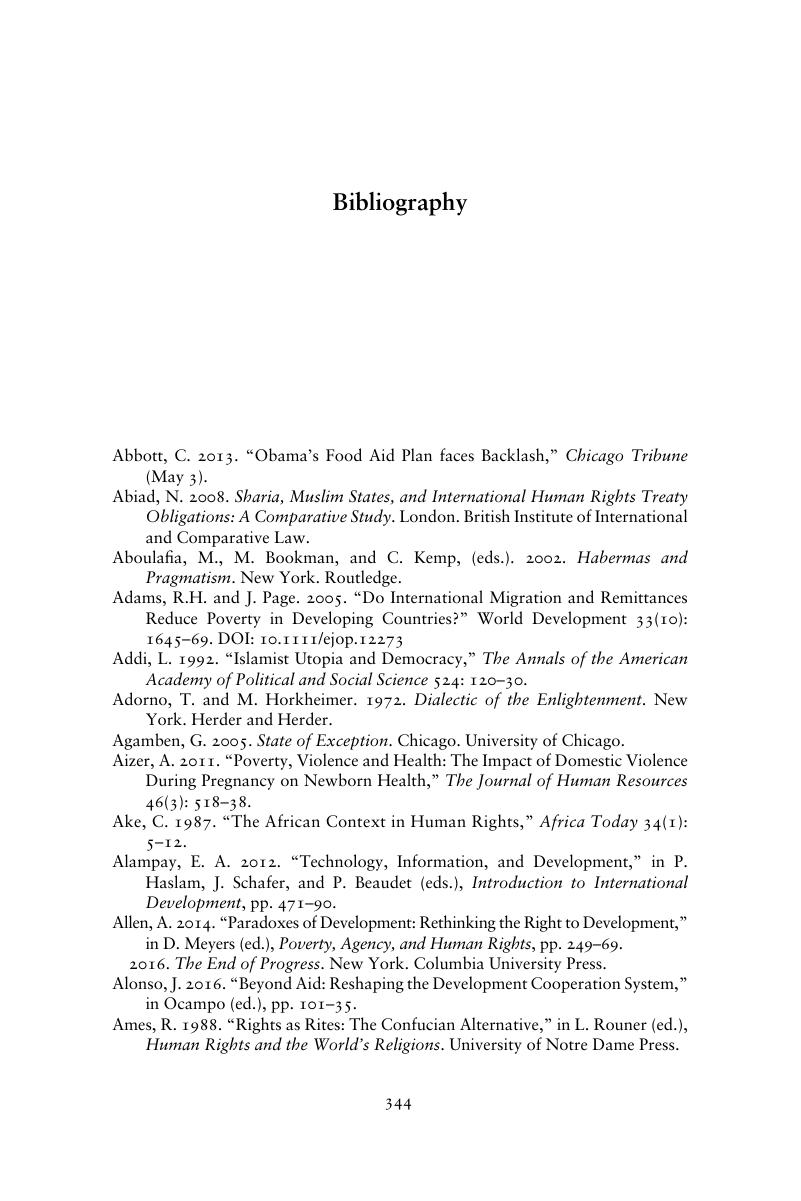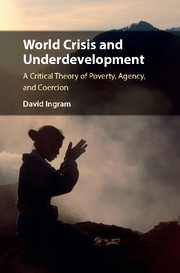Bibliography
Published online by Cambridge University Press: 06 January 2018
Summary

- Type
- Chapter
- Information
- World Crisis and UnderdevelopmentA Critical Theory of Poverty, Agency, and Coercion, pp. 344 - 360Publisher: Cambridge University PressPrint publication year: 2018



